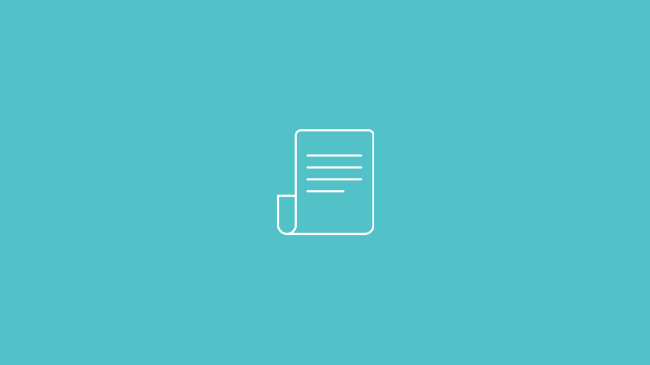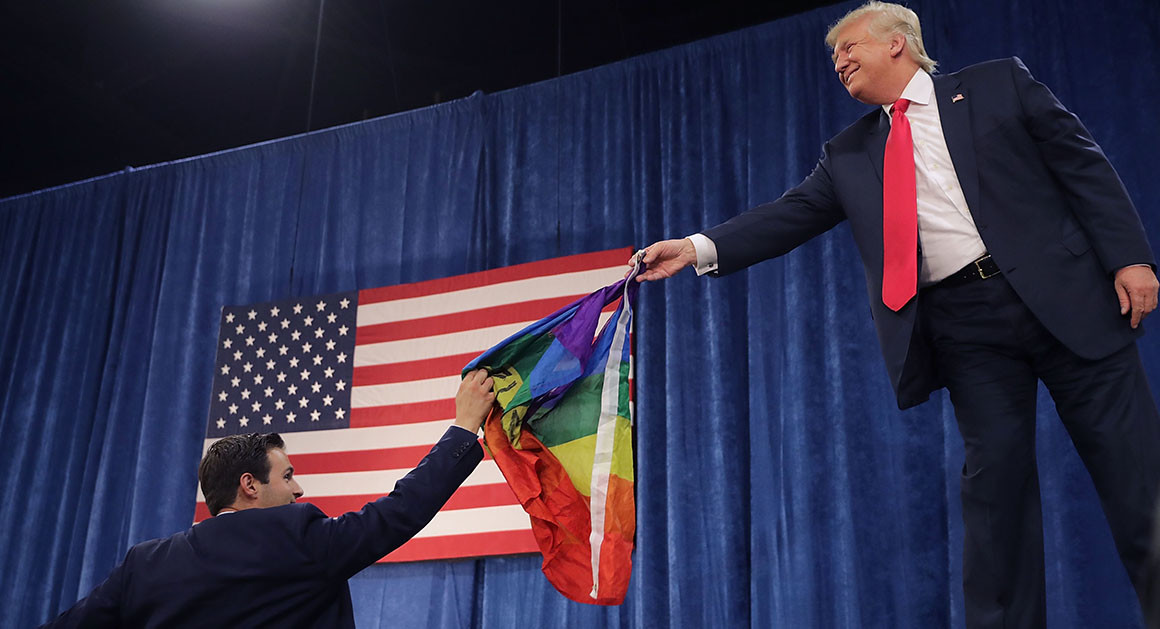Organizing & Policy
Intersecting Injustice was written after the LGBTQ Poverty Collaborative interviewed service providers and directly impacted people in rural communities and convened focus groups in eight different cities. During this research process, over two hundred people contributed their perspective on the strengths of their local organizing, the weaknesses and the strategies for achieving economic justice on a local and national level. At the conclusion of almost all of the larger group meetings, participants expressed a desire to read the notes from other focus groups and to create more space for sharing strategies on a regular basis. It was also clear that more work needs to be done to share the unique narratives of low-income LGBTQ communities across various demographics. To address some of issues raised by research participants, this website will:
host a page for each of five U.S. regions, with a goal of deepening our understanding of what poverty looks like in LGBTQ communities throughout the country. Each regional page will illustrate the local policy and organizing landscape, share policy challenges and organizing victories.
support the National LGBTQ Anti-Poverty Action Network
The National LGBTQ Anti-Poverty Action Network was formed in October of 2018 inspired by the report, “Intersecting Injustice: A National Call to Action.” It was created to increase focus on LGBTQ poverty issues by both LGBTQ and anti-poverty organizations. The network has a call on the second Wednesday of every month to share work that groups are currently doing and to brainstorm new actions. If you would like to join the network, please go to our Take Action page and fill out the form, someone will contact you shortly after to discuss next steps.
support the Centerlink Anti-Poverty Organizing Network
The Centerlink Anti-Poverty Organizing Network connects LGBTQ Centers across the U.S. to discuss best practices for serving folks living in poverty. The Network is putting together a toolkit for these best practices, if you are involved in an LGBTQ Center and would like to be involved, please go to our Take Action page, fill out the form, and someone will contact you to discuss next steps.




















